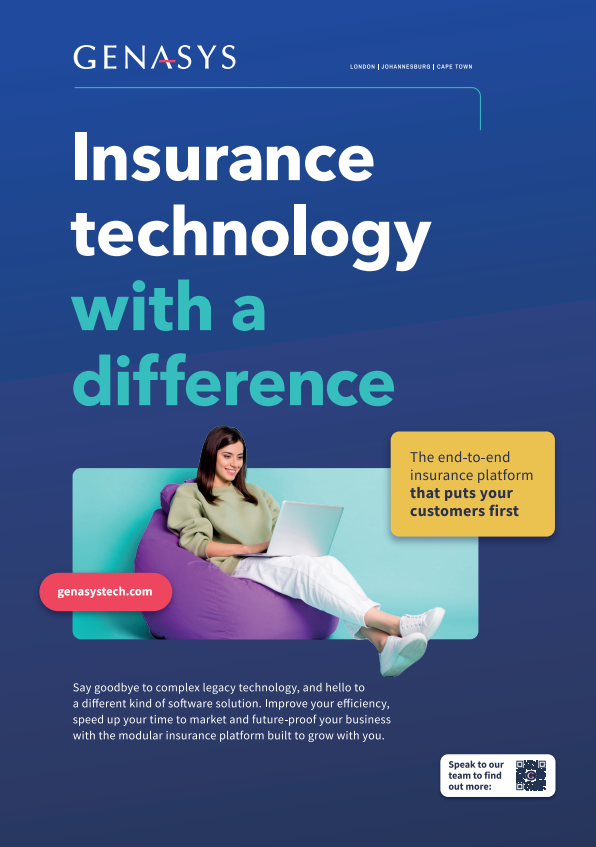By: Head of Insurance Business: Investec Life, Sinenhlanhla Sithomo
The philosophy of the life insurance sector in a post-pandemic world should be led by three key tenets to foster stability in an unstable environment, writes Head of Insurance Business: Investec Life, Sinenhlanhla Sithomo

The idea that ‘you can’t change the weather no matter how hard you try, so it’s best to learn how to sail in all conditions’ is one that many industries have learned to adopt over the last few years. We’re used to market forces affecting businesses and sectors but haven’t previously experienced an event in modern history that affected every aspect of doing business, from supply through operations, to market and demand.
The idea that you can focus on what you can control and be deliberate about your business is driven by what we call ‘The Stability Formula’, which is based on three pillars that can help the life insurance industry ride out the squall, rather than praying for an end to the rain.
Diversification
Diversification has always been seen as a way to reduce the effects of volatility, but that no longer only speaks to the way you manage investments – but to every aspect of the business.
It’s now about understanding the need to have variety in everything from your offering to the gearing of your business, to your client base. It’s about diversity in the range of products you offer as a solution to service your clients, the client base itself, the ways you engage them – and the talent pool you employ to do so.
Diverse products and propositions will offer varied solutions to your existing client base, so if one product is negatively impacted by the turmoil in the economy, the others thrive, helping you grow in the future. Providing sufficient, holistic advice to that base will remove the need for them to look elsewhere for other solutions. Having a diverse talent pool also helps in developing unexpected offerings that better meet the needs of a diverse client base, in the way that they need them to be met.

Insurance technology with a difference.
The end-to-end insurance platform that puts your customers first.
Behavioural biases
Behavioural biases such as herd mentality are tough to change, particularly in the life insurance space. It’s a natural protection mechanism that leads people in the direction that others are taking because it offers a sense of safety – but that sense can also be wrong.
There’s always a tension between the way we expect our clients to behave when the tide turns and the way they actually do because it’s our role to advise them to act based on the bigger picture, rather than the behaviour of the herd. That, in addition to our own behavioural bias, is something we need to examine as part of the Stability Formula.
A life insurer that understands its own biases and those of its clients can better serve both sides. When we serve clients and bear in mind their biases, we are better able to guide them and help them take action, with the ultimate aim of ensuring that everyone is better off.
Agility Partners
Rather than looking for partners who are agile, it’s important to focus on those who can be partners in your agility. The difference is subtle: there are partners who are able to move quickly for their own sake and there are partners who are able to move quickly in the same direction as your business.
Digital enablement was a great example of this in the last two years – everyone was forced to make the leap to digital, but some did it for the sake of survival, while others did it to grow and future-proof themselves and their partners. Those who were able to provide real agility helped their partners pivot when needed and were able to deliver valuable business services that met the changing needs of their partners and their partners’ clients.
The ability to seize an opportunity presented by instability is rare – but we’ve seen the positive results reaped by those who were informed, agile and bold enough to invest at the depths of the COVID storm. You need to be that partner to your client – and you need partners who will be that support to your business.
Control is a concept relative to the situation you find yourself in – so putting in place mechanisms that will help you take control in different situations is the best way to help you navigate them and provide the opportunity for the best possible outcome for your clients. Learn to sail in all conditions.

